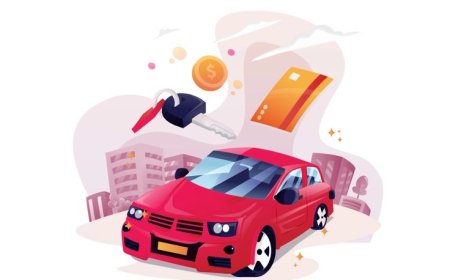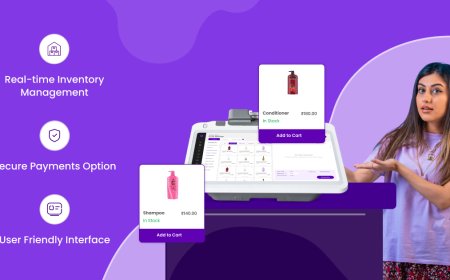How Traffic Violations Impact Car Insurance in Salt Lake City
Traffic violations in Salt Lake City can increase your car insurance premiums for years. Learn how different violations affect Utah drivers and tips to reduce their impact.

Your driving record is one of the most powerful factors influencing your car insurance premium. In Salt Lake City, even a single speeding ticket or minor traffic violation can lead to noticeable rate increases.
Understanding the driving record insurance effects Utah drivers face can help you avoid unnecessary costs and make smarter decisions on the road.
How Insurers View Your Driving Record

Insurance companies use your driving history to predict how likely you are to file a claim. A clean record signals that youre a low-risk driver, which earns you better rates. But violationsno matter how smallindicate higher risk.
Common traffic violations that affect rates include:
-
Speeding tickets
-
Running red lights or stop signs
-
Reckless or aggressive driving citations
-
Distracted driving violations (like texting behind the wheel)
-
Failure to yield or improper lane changes
More serious offenses, such as DUI convictions, can cause dramatic premium increases or even policy cancellations.
How Much Can Rates Increase?
While the exact increase depends on your insurer and driving history, heres a typical range for Utah drivers:
-
Minor speeding ticket: 10%20% premium increase
-
Multiple minor violations: 25%50% increase
-
Major violation (e.g., DUI): Up to 100% or more
-
Accidents with at-fault claims: Significant surcharges for 35 years
In Salt Lake City, where traffic congestion is growing, insurers pay close attention to violations because they directly correlate with higher accident risks.
How Long Do Violations Stay on Your Record?
In Utah:
-
Most minor violations remain on your driving record for 3 years.
-
Major violations like DUIs or reckless driving can stay for 10 years or more.
-
Even after the record clears, some insurers consider your long-term driving behavior when setting rates.
Accidents vs. Traffic Tickets
Not all violations are equal. If you receive a ticket but it doesnt result in an accident, the impact may be lower. However, if your violation caused a collision, your rates will likely rise significantly because youre now seen as a proven risk.
How to Minimize the Impact on Insurance
Even if youve made mistakes, there are ways to soften the financial blow:
-
Take a defensive driving course Some insurers offer discounts for completion.
-
Ask about accident forgiveness programs Not all companies penalize your first violation.
-
Shop around for quotes Different insurers weigh violations differently.
-
Maintain a clean record afterward Over time, good behavior helps lower rates again.
Utah-Specific Considerations
Since Utah is a no-fault state, your Personal Injury Protection (PIP) covers initial medical expenses regardless of fault. But violations can still lead to higher liability rates because insurers see you as more likely to cause future accidents.
Also, Utahs growing urban traffic in areas like downtown Salt Lake City and Sugar House means insurers factor local congestion levels into their risk calculations.
Final Thoughts
A single ticket might not seem like a big deal, but it can increase your insurance costs for years. Maintaining safe driving habits is one of the easiest ways to keep your premiums low.
Knowing the driving record insurance effects Utah drivers face helps you make better decisions on the roadand saves you money in the long run.




























